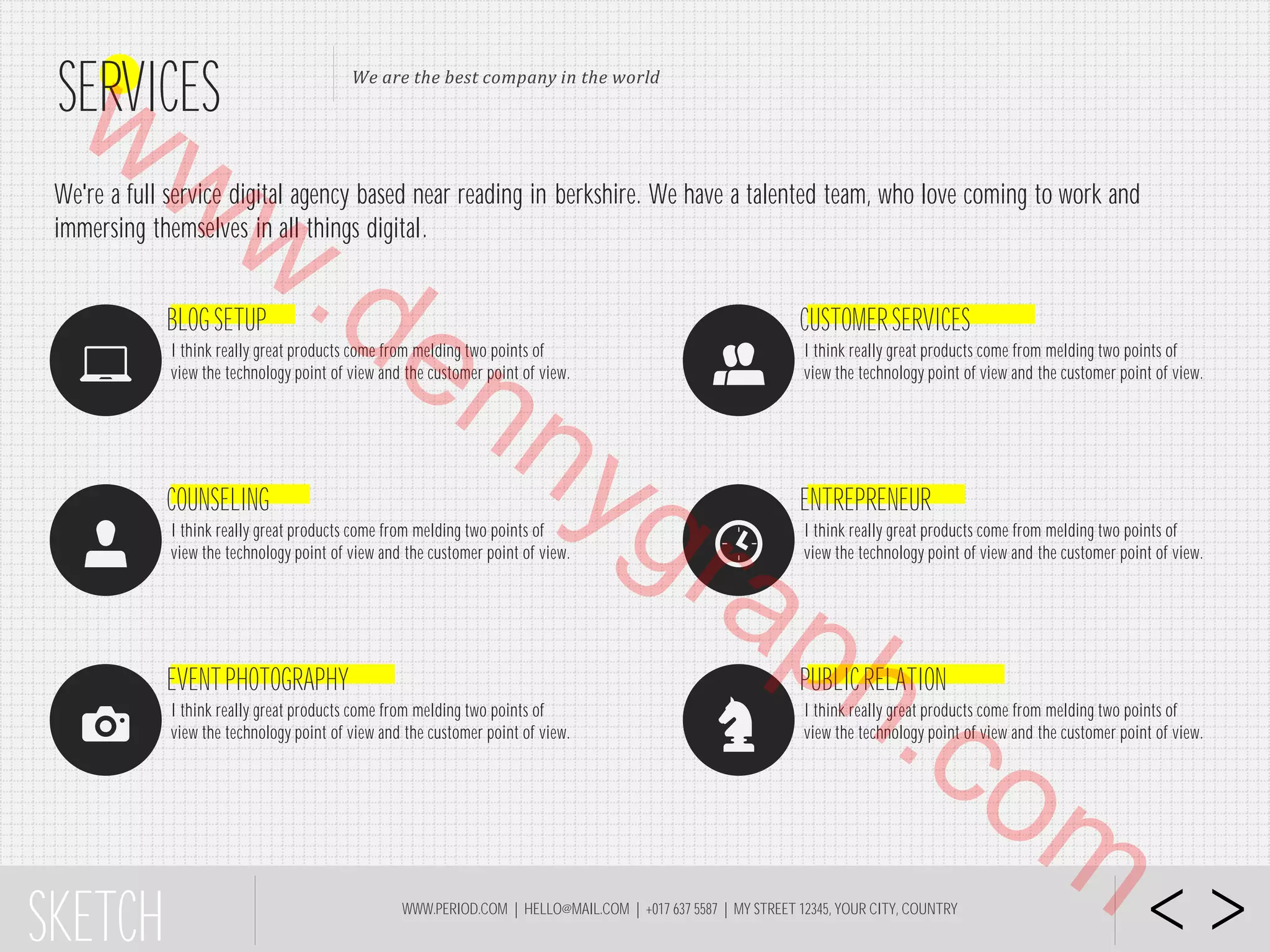
About Me
Evaluating the Issues Faced by Minority Entrepreneurs in Starting Startups
Introduction
Female entrepreneurs are progressively contributing in the international entrepreneurial ecosystem, bringing creativity to diverse industries. Despite their increasing presence, minority entrepreneurs face unique challenges that can hinder their ability to scale ventures. These barriers include access to funding, social biases, and juggling business and family responsibilities. This article evaluates the obstacles faced by minority entrepreneurs, examining their effect, potential solutions, and the outlook for fostering a more inclusive entrepreneurial ecosystem.
The Emergence of Women Entrepreneurs
Women entrepreneurs have become as significant players in the regional market. According to a survey by the McKinsey, women-owned businesses account for approximately 40% of small enterprises worldwide, adding significantly to community progress. These entrepreneurs operate in multiple sectors, including technology, education, and services.
Organizations and corporate sectors have recognized the potential of female entrepreneurs, introducing initiatives to encourage their growth. Cases include women-focused accelerators like SheEO, which provide resources to help minority entrepreneurs grow their businesses. Despite these efforts, persistent issues remain.
Obstacles Faced by Female Entrepreneurs
One of the most major challenges faced by minority entrepreneurs is limited access to capital. Analyses show that minority-run businesses receive significantly less investment compared to their male-dominated counterparts. A survey by Forbes found that only 2-3% of venture capital funding goes to minority-run ventures, limiting their ability to scale.
Gender biases also pose a significant challenge. Minority entrepreneurs often face stereotypes that question their ability to run a startup. These biases can appear in investor interactions, making it difficult for women entrepreneurs to gain trust. For case, stakeholders may favor male-led businesses due to assumed reliability.
Additionally, juggling professional and domestic responsibilities is a major barrier for minority entrepreneurs, especially in regions where women are expected to handle caregiving duties. This dual responsibility can restrict the time and focus available for growing a venture, impacting their success.
Impact of Issues on Women Entrepreneurs
The obstacles faced by minority entrepreneurs have a substantial effect on their ability to scale ventures. Insufficient access to investment can restrict female entrepreneurs from expanding their services, leading them to rely on limited savings sources. This financial constraint can delay expansion and reduce success.
Cultural biases can weaken the reputation of minority entrepreneurs, making it hard to secure investors. These biases can also produce a hostile ecosystem, discouraging female entrepreneurs from advancing their startups.
The pressure of balancing professional and personal responsibilities can lead to burnout, influencing the success of women entrepreneurs. In regions with conventional social norms, this issue is especially significant, restricting the potential of female-owned businesses.
Solutions to Tackle Challenges
To overcome the issue of restricted funding, organizations and private sectors can expand availability to female-centric investment programs. Schemes like microloans specifically for minority entrepreneurs can bridge the capital gap. For example, programs like Women’s World Banking have been successful in providing financial support to female entrepreneurs.
gender biases requires education campaigns to change prejudices about minority entrepreneurs. Support programs that connect female entrepreneurs with established sector leaders can also build skills, helping them overcome challenges in the business ecosystem.
Supporting professional-personal balance is another vital solution. Hybrid work arrangements, family services, and work-life training can help women entrepreneurs manage their responsibilities, allowing them to concentrate on scaling their businesses.
Outlook for Minority Entrepreneurs
The future of minority entrepreneurship is promising, with increasing attention from organizations and non-profit sectors. Technological advancements, such as digital marketing, are facilitating female entrepreneurs to engage wider markets, mitigating some of the challenges associated with physical business models.
Moreover, the rise of women-focused organizations, such as Lean In, is fostering a more collaborative startup ecosystem. These communities provide resources and create a feeling of community for minority entrepreneurs.
Conclusion
Women entrepreneurs face substantial challenges in scaling businesses, including limited availability to funding, cultural biases, and the pressure of juggling professional and domestic responsibilities. Despite these barriers, their role in the local business landscape is significant. By introducing focused strategies, such as investment programs, education campaigns, and resources for work-life balance, governments can support minority entrepreneurs to excel. Creating a more supportive business ecosystem will build the way for a innovative and sustainable future.
Location
Occupation

